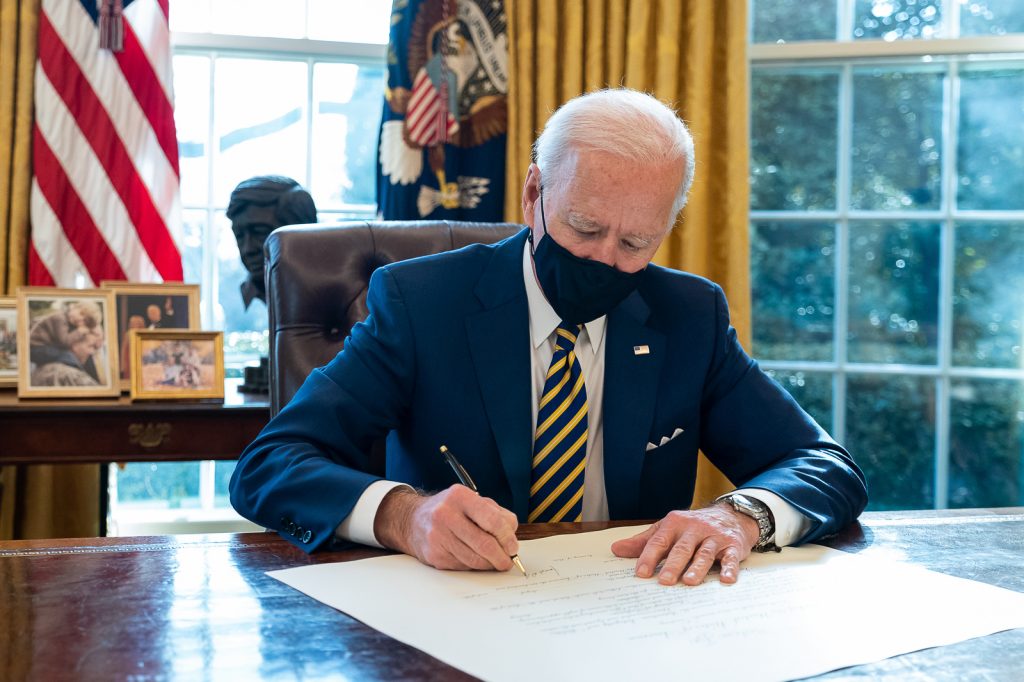Arkansas General Assembly to Receive $140M to Combat Opioid Epidemic

The Arkansas Legislature will receive $140 million to the state’s general revenue fund as a result of settlements with opioid manufacturers and distributors, according to a press release from the Arkansas Attorney General.
In recent years pharmacies and pharmaceutical companies have faced lawsuits and backlash from the public as a result of opioid misuse and abuse contributing to drug addiction in America.
For example, in 2020 the federal Department of Justice filed a lawsuit alleging that Walmart “unlawfully dispensed controlled substances from pharmacies it operated across the country and unlawfully distributed controlled substances to those pharmacies throughout the height of the prescription opioid crisis.” Walmart disputes these allegations, but agreed to a $3.1 billion nationwide opioid settlement framework last month to resolve lawsuits like this one.
While prescription opioid abuse remains a problem, illicit opioids — which are manufactured or sold illegally — have reached epidemic proportions.
In 2019 and 2021 the DEA and the U.S.-China Economic and Security Review Commission reported that China and Mexico are the primary sources of illicit fentanyl in the U.S.
In November the U.S. Treasury Department issued sanctions against the La Nueva Familia Michoacana drug cartel from Mexico for smuggling illicit drugs — including fentanyl — across the United States.
Earlier this fall Arkansas Attorney General Leslie Rutledge warned parents about the increase in “rainbow fentanyl” pills that look like candy.
And last month the FBI arrested 45 individuals believed to be tied to large-scale trafficking of fentanyl, marijuana, and other drugs in Arkansas.
Nationwide, opioids like fentanyl, and other drugs such as marijuana, are big business for drug cartels.
States like California, Colorado, and Oregon hoped that legalizing marijuana would weaken the cartels, but instead illicit marijuana operations have skyrocketed, and the opioid epidemic continues.
State and local governments may be able to use opioid settlement money from these lawsuits to fight drug addiction and drug abuse in our communities.
Below is a press release from Arkansas Attorney General Leslie Rutledge about the opioid settlement funding.
LTTLE ROCK – Arkansas Attorney General Leslie Rutledge today announced she would direct restricted opioid settlement dollars totaling over $140 million to the general revenue in anticipation of the upcoming 94th General Assembly in January 2023. The settlement funds allocated to Arkansas are a result of Rutledge’s long-fought legal battles with opioid manufacturers and distributors.
“Arkansas has been a national leader in our multifaceted approach to this epidemic and we have made tremendous strides in the last eight years, but we must get these funds to the Legislature where the money will be used to help Arkansans in desperate need of resources to combat this epidemic,” said Attorney General Leslie Rutledge. “Arkansas is anticipating almost one-half billion dollars to come to the state. Arkansans combating addiction must have access to affordable treatment options in every corner of our State and the General Assembly is best equipped to ensure the needs of their respective communities are met.”
In early 2017, Attorney General Rutledge took an aggressive approach to protecting Arkansans and combating the epidemic by suing manufacturers Johnson & Johnson, Purdue Pharma, and Endo Pharmaceuticals for violations of the Arkansas Deceptive Trade Practices Act (ADTPA), public nuisance, unjust enrichment, civil conspiracy, and the Arkansas Medicaid Fraud False Claims Act. She also filed a lawsuit against distributors Cardinal Health, McKesson Corporation, and AmerisourceBergen Drug Corporation for violations of the ADTPA, negligence, creation of a public nuisance, and being unjustly enriched by their business practices. This litigation was settled in early 2022.
Rutledge has settled or is in the process of settling with: CVS Health Corporation, Walgreens, McKinsey, Teva Pharmaceuticals, Walmart, and Mallinckrodt for their contributions to the opioid epidemic.
Articles appearing on this website are written with the aid of Family Council’s researchers and writers.





